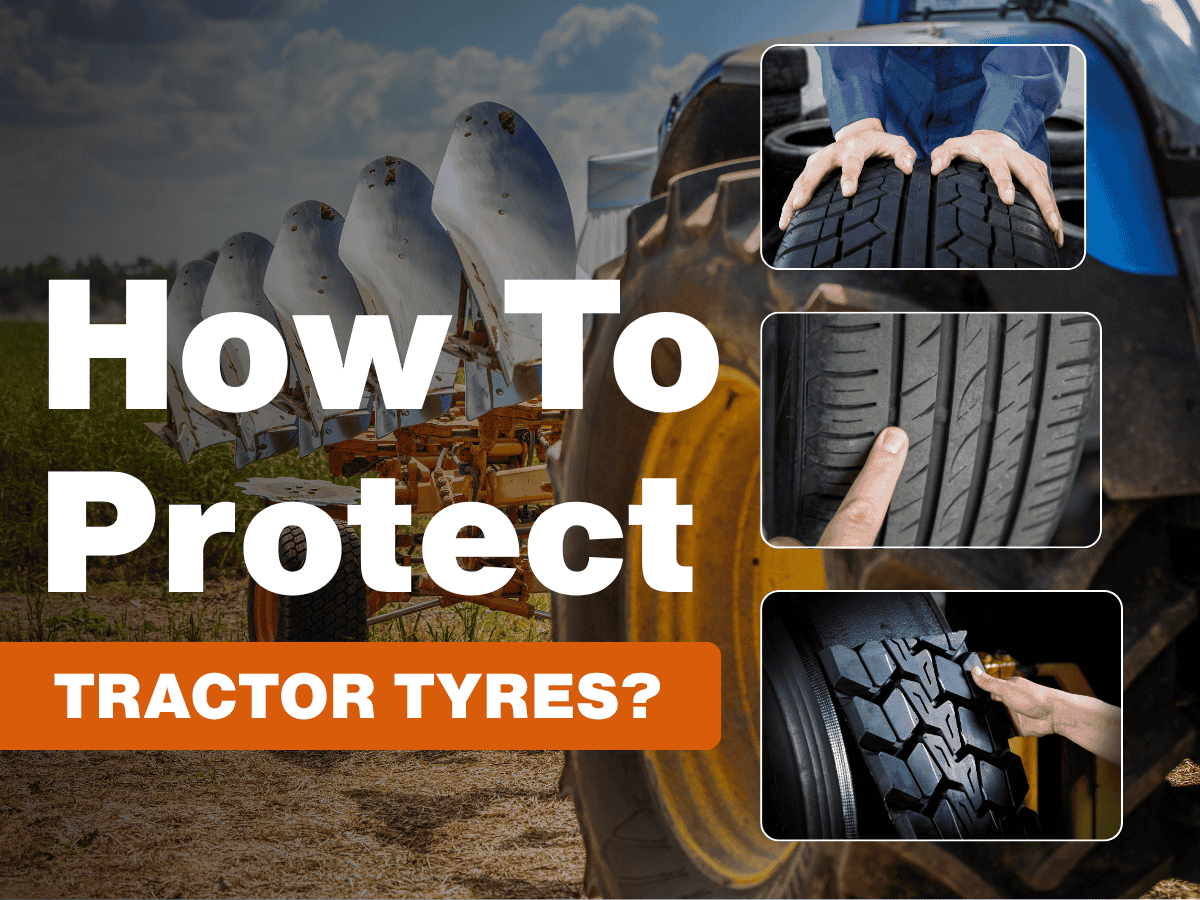ceat-speciality:blogs-tags/all,ceat-speciality:blogs-tags/tyre-care
What are the manufacturing secrets behind a quality agriculture tyre?
Thu, 27 Apr 2023 | PRODUCTS
As the backbone of agriculture, tractors and other farming equipment are essential in maintaining the world’s food supply. And like any other vehicle, tyres play a crucial role in their performance. That’s why farmers rely on quality agriculture tyres to ensure their work is done efficiently and effectively.
However, have you ever wondered what goes into manufacturing high-quality agriculture tyres? Let’s uncover some of the manufacturing secrets behind a quality agriculture tyre.
Designing the Tyre
The first step in manufacturing a quality tractor tyre is designing it. Manufacturers consider the agricultural industry’s specific needs, including different terrains, loads, and speeds. This process involves assessing the tyre’s construction, dimensions, and tread pattern.
Raw Materials
After designing the farm tyre, the next step is selecting the appropriate raw materials. High-quality agriculture tyres are made from durable and reliable materials, such as rubber, steel, and synthetic fibres. Manufacturers use natural rubber to give the tyre flexibility. In contrast, synthetic rubber is used for increased durability and improved resistance to wear and tear.
Mixing the Rubber
Once the materials are selected, they are mixed in a giant machine. The rubber compound is mixed according to a specific recipe to ensure consistency in each batch. This step is crucial in ensuring the Ag tyre is strong, durable, and puncture-resistant.
Moulding the Tyre
After the rubber has been mixed, it is moulded into the shape of an Ag tyre. This process involves heating the rubber, pressing it into shape, and cooling it. The tyre is then trimmed to the correct size and shape before moving on to the next step.
Adding the Tread Pattern
The next step is adding the tread pattern to the tractor tyre. This step is essential in ensuring the tyre has the necessary traction to perform efficiently in different terrains. The tread pattern is added using a specially designed machine that rolls over the tyre, adding the pattern as it moves.
Curing the Tyre
After adding the tread pattern, the agricultural tyre is placed in a curing chamber. The curing process involves heating the tyre to a high temperature for a specific time. This process ensures that the tyre is properly cured and the rubber is bonded, making it strong and durable.
Quality Control
Finally, the farm tyre undergoes strict quality control measures to meet the necessary standards. The tyre is inspected for defects, and any issues are corrected before it is shipped out to the customer. Quality control measures ensure that the customer receives a quality product that is reliable, safe, and durable.
Manufacturing a quality Ag tyre involves carefully considering the design, selecting raw materials, mixing the rubber, moulding the tyre, adding the tread pattern, curing the tyre, and strict quality control measures. By following these steps, manufacturers can produce high-quality farm tractor tyres that are durable, reliable, and perform efficiently in different terrains.
CEAT Specialty has a team of skilled technicians who are accountable for assessing your requirements and giving recommendations on the ideal agriculture tyre to choose. With an extensive selection of accessible tyre options, making a choice can be daunting. However, it is advisable to seek professional assistance. No inquiry is deemed inappropriate when selecting the most suitable tyre for your farming needs.































































































































